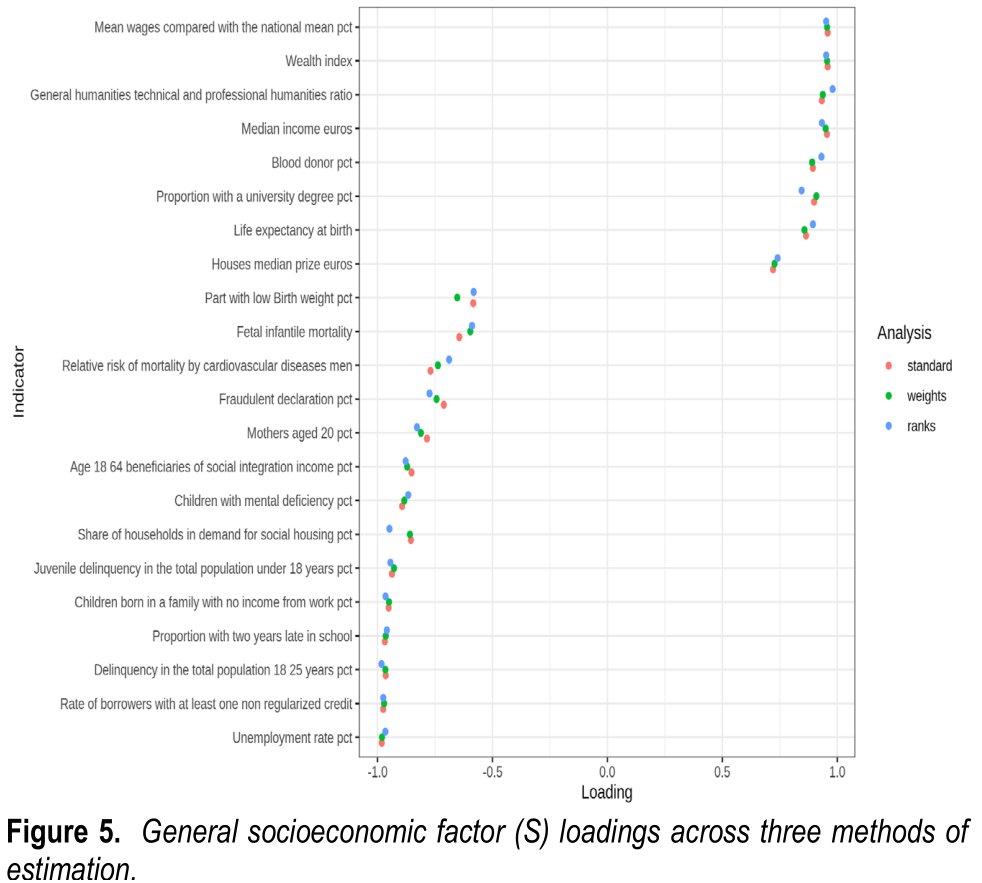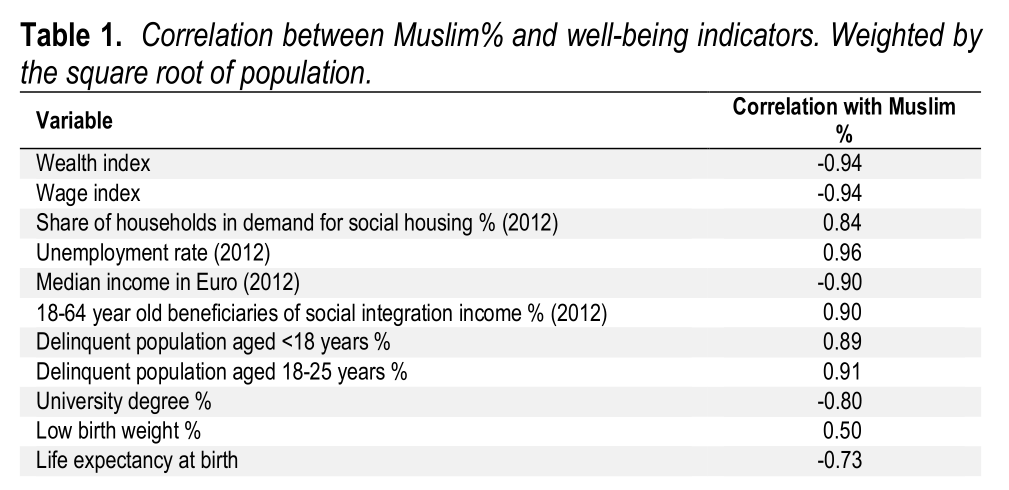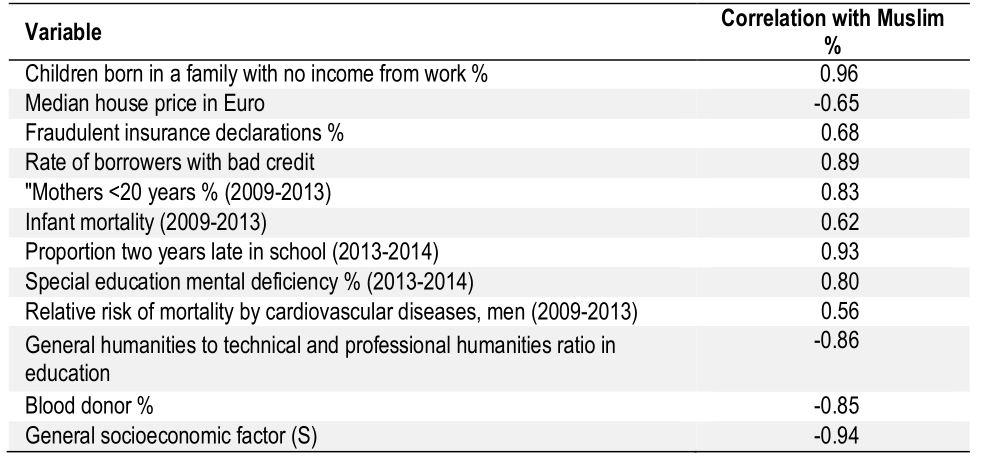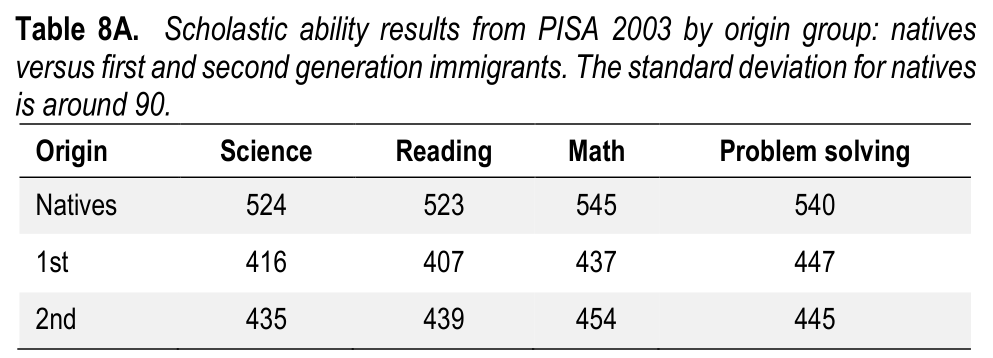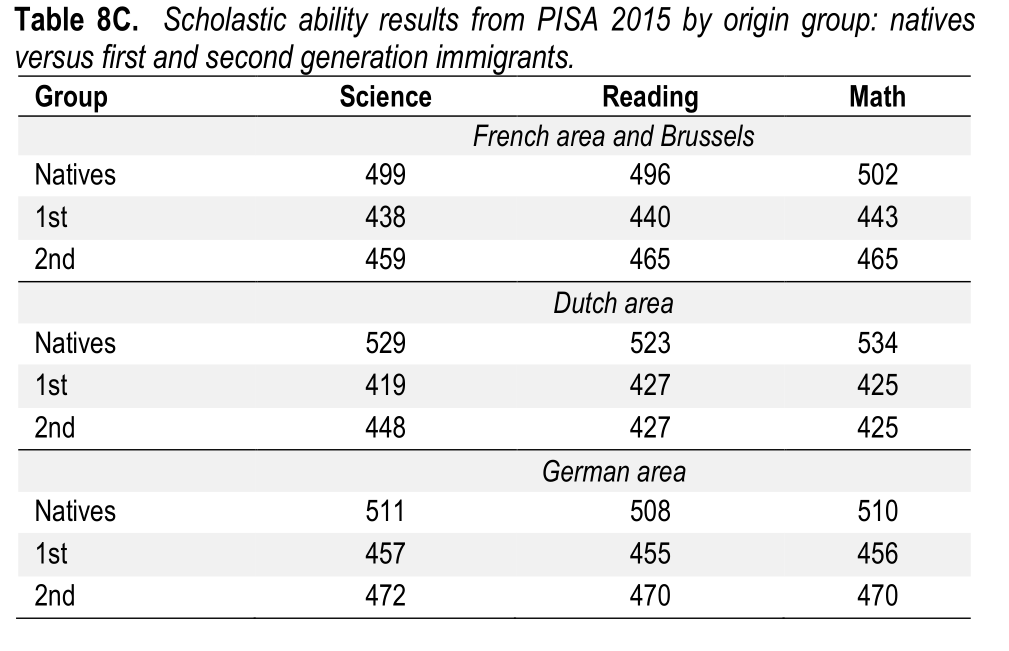To stand in the Grande Place is to savour the refinements of the late medieval age.
Belgium is the worst country for Covid deaths: 1,492 per million. Next, quite some way down, is Peru at 1094; then Italy & Spain in the high 900s. What is going on? Over-generous diagnostic label made them worse than a very poor country like Peru?
Worse than UK death rate of 900? Belgians unlike other countries count deaths in hospitals and care homes, and include as cases those suspected but not confirmed of dying of Covid. Also, 71 per 1000 over 65s are in care homes and they were not well prepared for the pandemic.
Brussels a cosmopolitan city, 2 out of 3 residents immigrants. Lots of travel: “a small beehive in the heart of Europe” may contribute to virus spread. The country is also deeply divided and so fractured as to be barely capable of implementing any national policy.
Big split between French & Dutch speakers, language only part of the problem. Diversity of attitudes has not been much of an advantage. For some periods there have been no governments. It might seem odd, but Belguim could be considered a failed state.
Usually, poor countries are more susceptible to pandemics, but that explanation seems far-fetched if applied to Brussels, the government centre of Europe. Surely Brussels is a wealthy city?
Kirkegaard & Dumoulin: What Happened to Brussels? Studied regional inequality in the 19 communes of Brussels & 589 communes of Belgium. Very strong relationships between % of Muslims & a variety of social outcomes such as crime, educational attainment, and median income.
For 19 Brussels communes corr of -.94 between Muslim % and a general factor of socioeconomic variables. The slope is -7.52, meaning that a change going from 0% to 100% Muslim corresponds to a worsening of overall social well-being by 7.52 (commune-level) standard deviations.
Brussels' relative wealth reduced dramatically in about 50 years. In same period, the population composition of the city changed drastically from mostly natives, or at least persons of European ancestry, to now being approximately 25% Muslim of mostly non-European ancestry.
The wealth index (ratio of average earnings compared to the Belgian mean) in the Belgian capital declined from about 150 in the early 1970s to 79 in 2015, meaning that the relative prosperity of the Brussels region is today half of what it was 50 years before.
Here are the components of the S factor, showing what it is positively and negatively associated with:
High wages, income, wealth, professional backgrounds, university degrees, high life expectancies & expensive houses all predictable, being a blood donor less so. The latter ian act of altruism, the former may seem more selfish. Far from being blood suckers, they are blood donors
They donate even though others do not reciprocate. Such Burghers are not likely to have low birthweights or infantile mortality, or need of benefits, or backward children, or juvenile delinquency, nor do they make fraudulent declarations. On balance, they are upstanding citizens.
The higher the percentage of Muslims in a city district, the lower the wealth and well-being of that district.
Fraudulent insurance declarations are higher in Muslim populations, as are failures to repay debts. These are certainly measures of honesty and social conscience, or the lack of it, as in the lack of blood donation.
This is not something which could be explained by police picking up people in the street on the basis of their appearance. Rather, they are private matters, revealed only after the event. In fact, other studies confirm these findings of dishonesty. https://www.unz.com/jthompson/do-brighter-minds-incline-to-honesty/
Supporters of mass immigration regard these results as temporary, wiped out in second generations by extra education & welfare. Scholastic results show some improvements, but not as big as hoped, and not remotely reaching the European standards of Belgium.
Pure problem solving, least likely to be affected by extra tuition, has not budged at all. On the scholastic measures the overall gain for the second generation is 0.25 of a “native” standard deviation of 90 points.
Scholastic gap between Belgians and 1st generation immigrants 111 PISA points. For 2nd generation 88 points. Ist gen 1.23 sd behind Belgians, 2nd gen still 0.98 sd behind. In other countries, gaps of that magnitude cause considerable problems.
The picture is the same in 2015, here shown for first and second generations for French, Dutch and German areas.
It is highly plausible that differences in intelligence cause differences in later social outcomes. The longer lifespans of children tested at age 11 would be an example in which reverse causation is unlikely.
The big decline of Brussels is mainly due to large-scale low-intelligence immigration to the capital region. The immigrants have generally not been selected for their ability to contribute to Belgian society, and originated from second- and third-world countries.
Furthermore, they are mainly Muslims, and across the world, adherents of this faith generally perform relatively poorly compared to other groups, both in Muslim majority and non-Muslim majority countries (Kuran, 1997).

 Read on Twitter
Read on Twitter